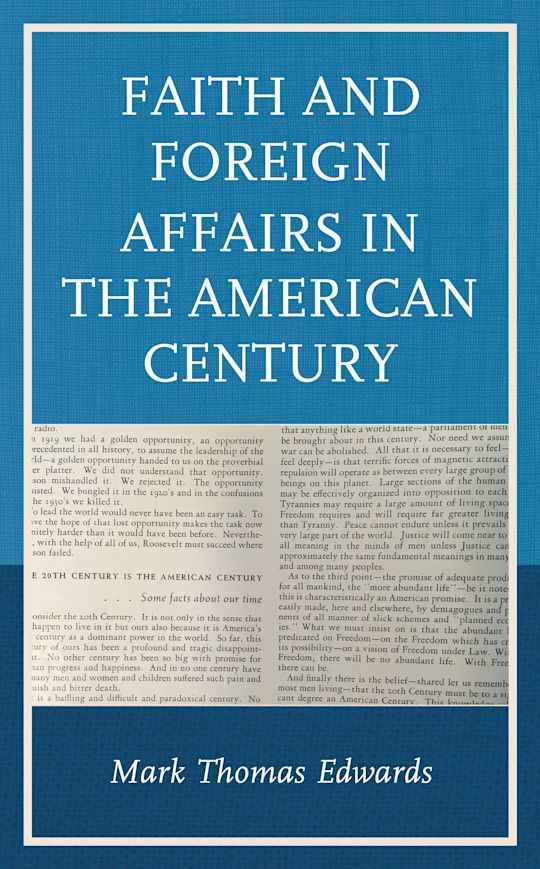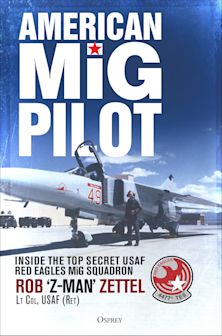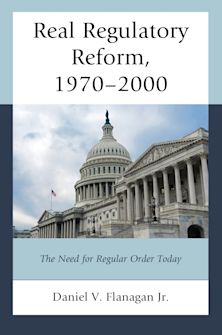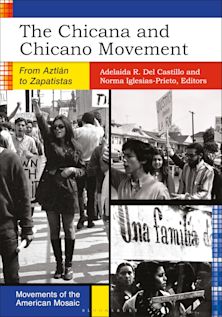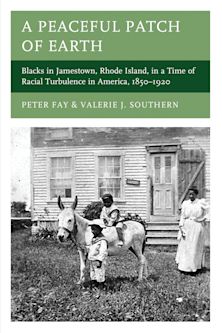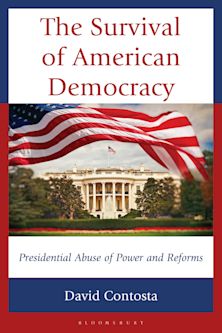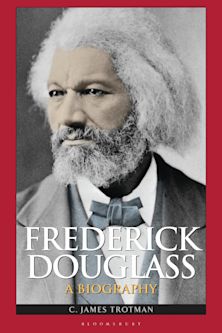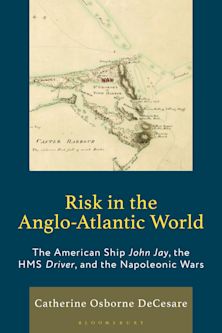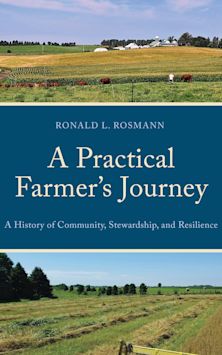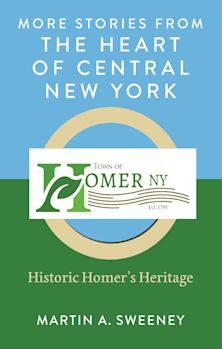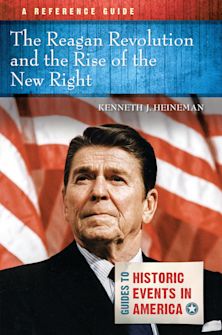- Home
- ACADEMIC
- History
- United States History
- Faith and Foreign Affairs in the American Century
Faith and Foreign Affairs in the American Century
Faith and Foreign Affairs in the American Century
This product is usually dispatched within 3 days
- Delivery and returns info
-
Free US delivery on orders $35 or over
You must sign in to add this item to your wishlist. Please sign in or create an account
Description
The United States has led the world in almost every way since World War I. In 1941, Life magazine publisher Henry Luce dubbed his country’s preponderant power “the American Century.” His editorial was a statement of fact but also an aspiration for countrymen to unite in promotion of a world order friendly to American interests.
Faith and Foreign Affairs in the American Century examines the nature of public involvement in American diplomacy. As a concept decades in the making, the American Century was conceived by those connected through the country’s leading foreign policy think tank, the Council on Foreign Relations. The missionary couple and Washington insiders Francis and Helen Miller, who fought to make the American empire a radically democratic one, figured prominently in that work. The Millers’ many partnerships embodied the conflicts as well as the cooperation of Christianity and secularism in the long reimagining of the United States as a global state.
Mark Thomas Edwards offers in this study a genealogy of the concept of the American Century. Readers will encounter moments of Protestant Christian power and marginalization in the making of modern American foreign relations.
Table of Contents
CHAPTER 1: EXPANDING CIVILIZATION: MISSIONARY DIPLOMACY IN AN AGE OF IMPERIALISM
CHAPTER 2: NONPARTISAN: PROTESTANT SECULARISM IN AMERICAN PUBLIC DIPLOMACY
CHAPTER 3: TOWN HALL TITANS: PARTICIPATORY DEMOCRACY IN AMERICAN PUBLIC DIPLOMACY
CHAPTER 4: THE AGGRESSIVE CHAMPION OF A PARTICULAR WAY OF LIFE:
THE NATURE, USES, AND LIMITS OF CHRISTIAN NATIONALISM
CHAPTER 5: A GLASS HOUSE: RACE AND DEMOCRACY IN COLD WAR VIRGINIA
EPILOGUE: THE END OF THE AMERICAN CENTURY?
Product details
| Published | Nov 22 2021 |
|---|---|
| Format | Paperback |
| Edition | 1st |
| Extent | 212 |
| ISBN | 9781498570138 |
| Imprint | Lexington Books |
| Dimensions | 9 x 6 inches |
| Series | Religion in American History |
| Publisher | Bloomsbury Publishing |
About the contributors
Reviews
-
Mark Thomas Edwards, in his multifaceted book Faith and Foreign Affairs in the American Century, takes on the tough task of a mediator, arguing that a stark divide between the secular and religious may exist among scholars, but it has never existed so neatly in history. Overall, the versatility that Edwards displays throughout the book connects his form with his message: history is cluttered, multilayered, and mishandled when forced into narrow compartments. He does historians a service by beginning to unpack those boxes.
Journal of American History
-
What Mark Edwards offers in Faith and Foreign Affairs in the American Century is a distinct departure from much of the existing literature that considers "the American Century" as a concept or used it as a frame for thinking about modern US history and foreign relations. His approach is clever and layered. This is a lucidly-argued and compelling book. It is creative in its approach and capacious in vision. Scholars of modern US religion, politics, foreign relations, and intellectual history stand to benefit greatly from engaging with the core argument about Protestant secularism that Edwards advances.
Church History: Studies in Christianity and Culture
-
Scholarly interest in the intersection between religion and foreign affairs has grown considerably in recent years, so that analysis of foreign policy decision-making can no longer ignore the influence of faith. Doing so runs the risk of reducing diplomacy to the narrow confines of political and economic filters, ignoring the cultural, social, and religious dimensions that shape worldviews. Edwards (Spring Arbor Univ.) here argues that American diplomacy has been equally secular and religious, a phenomenon he calls “Protestant secularism” (first coined by theologist Paul Tillich), through which religious initiatives are often secularized and secular initiatives are often Christianized. Interestingly, Edwards claims that democracy became less participatory after WW II, opening the door to elitist agendas to create a wider Judeo-Christian consensus, which was in reality a civil religion at best. He further contends that understanding this interrelationship is important, as it allows historians to better understand the complicated web of religion and secularism without seeing the two as polarizing opposites. In doing so, he helps to widen the discussion of American religion and foreign affairs, arguing that they often act as two sides of the same coin.
Summing Up: Highly recommended. All readership levels.Choice Reviews
-
This book retells the history of twentieth-century diplomacy as a disappearing act. The 'American Century' was born of a Protestant–secular partnership, but through Edwards' careful archival work, we watch the ecumenical Protestant departure from the international stage. This is an imperative work, showing, first, how essential Protestant secularism was in the effort to define the United States as a great global power and, second, how intimate and familial this quest—and its slow fade from political relevance—was. This is required reading for anyone interested in democracy, Christianity, and foreign affairs.
Kathryn Lofton, Yale University
-
Scholars have spent a great deal of time and energy debating the extent to which US foreign policy has been religious or secular. But what if this is a false choice? In this intriguingly provocative, highly original, and deeply insightful book that takes readers beyond the religious turn, Mark Thomas Edwards shows how 'Protestant secularism' powered the emergence and spectacular growth of American internationalism.
Andrew Preston, Cambridge University
-
This smart, creatively conceived, and rigorously researched book will be crucial for students and scholars alike. Focused on the Council of Foreign Relations and its founders, this is also a broader history of the United States in the world, American protestant cultural power, and the early Cold War, all told in a lively way that unpacks the dream of engaging the broader public in foreign policy. It is a rich book, and it should be broadly read and taught.
Melani McAlister, George Washington University

ONLINE RESOURCES
Bloomsbury Collections
This book is available on Bloomsbury Collections where your library has access.









